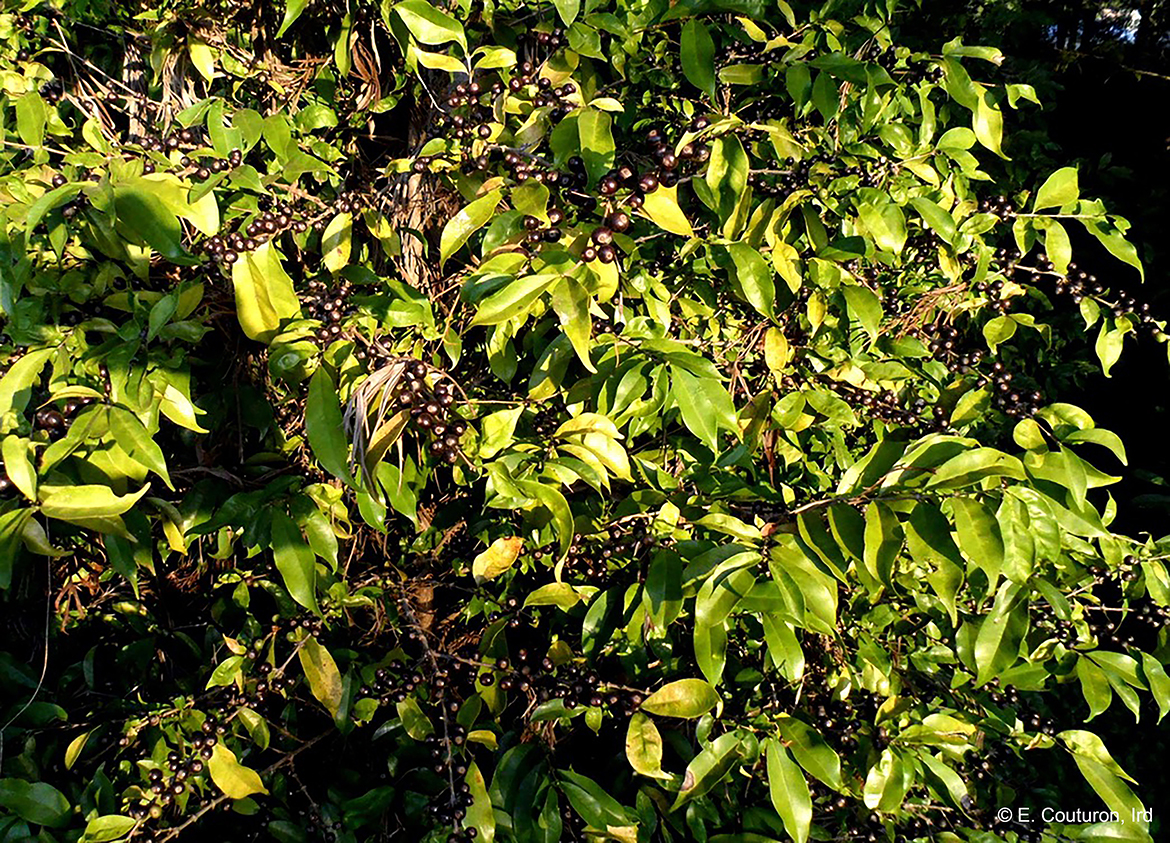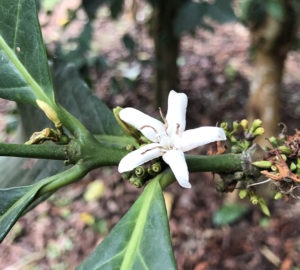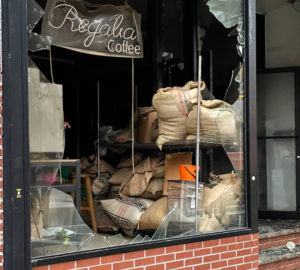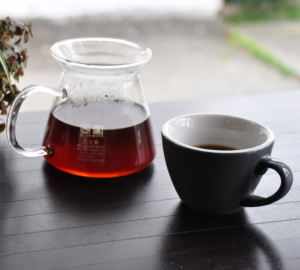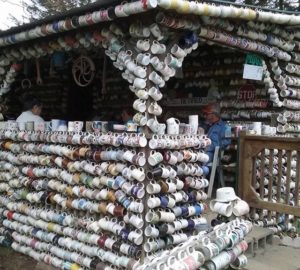Global warming has put the future of coffee growing in question As temperatures continue to rise worldwide, areas once ideal for coffee production—typically between the Tropic of Cancer and Tropic of Capricorn—may incresingly become no longer suitable to that end, potentially shifting where coffee may someday grow. But a “once in a lifetime discovery”—or rediscovery—has the intriguing potential to make a major impact for coffee farmers worldwide. It’s called Coffea Stenophylla, and it could be the future of coffee.
In a paper published today, April 19th, in Nature Plants, scientists from the Royal Botanic Gardens, Kew, the University of Greenwich, CIRAD (the French Agricultural Research Centre for International Development), and Sierra Leone share their findings on recently-rediscovered wild-grown stenophylla, and the coffee species’ heat tolerance and flavor profile show great promise.
Per the press release, some 99% of global coffee production comes from just two species: Arabica and Robusta. Arabica comprises the vast majority of what’s considered “specialty coffee,” and requires an average growing temperature of 19°C (66°F). Robusta can grow in somewhat hotter climates, around 23°C (73°F), but is generally believed to possess an inferior cup quality. And then there’s stenophylla, “a rare wild species from Upper West Africa,” which finds suitable growing temperatures all the way up to 24.9°C (77°F).
“It is widely known that our beloved Arabica coffee in being impacted by climate change, and so the results of the study are extremely exciting. Our analysis shows that stenophylla coffee grows at substantially higher temperatures than Arabica, providing the sort of robust differences we need if we are to have any chance of a sustainable coffee sector under climate change.” — Dr. Justin Moat, Kew Gardens
For this discovery, two of the paper’s authors—Dr. Aaron Davis of Kew Gardens and Dr. Jeremy Haggar of the University of Greenwich—traveled to Sierra Leone in 2018 in hopes of finding wild stenophylla populations. Working with development specialist Daniel Sarmu and using historical specimens from the Kew collection, the researchers were able to locate a healthy population of stenophylla, a species that had not been seen in the wild since 1954.
With a suitable sample size, researchers were able to do something with stenophylla that hadn’t happened in 100 years: sensory test it. An expert tasting panel was assembled at London’s Union Hand-Roasted Coffee in the summer of 2020 to assess the wild-grown stenophylla, awarding the coffee a score of 80.25, reaching specialty status. A second tasting panel, this one using wild stenophylla from the Ivory Coast, took place at CIRAD’s Montpelier sensory analysis lab where judges noted the coffee’s “natural sweetness, medium-high acidity, fruitiness, and good body,” finding it had notes of “peach, blackcurrant, mandarin, honey, light black tea, jasmine, spice, floral, chocolate, caramel, nuts, and elderflower syrup.”
In fact, when asked if they thought the coffee was Arabica, 81% of the judges on the panel stated that they believed it was.
“Future-proofing the coffee supply chain to deal with climate change is vital – coffee drives a multibillion dollar global industry, supports the economy of several tropical countries, and provides livelihoods for more than 100 million coffee farmers. To find a coffee species that flourishes at higher temperatures and has an excellent flavour is a once in a lifetime scientific discovery – this species could be essential for the future of high-quality coffee.” — Dr. Aaron Davis, Kew Gardens
The reemergence of stenophylla marks an exciting discovery for the future of coffee. Its unique blend of heat tolerance and cup profile (even from wild grown) combined with its potential drought tolerance makes the rediscovery of the coffee species itself significant. But its potential as a breeding resource, to help create new high-quality, heat-resistant hybrids, offers hope for a resilient—potentially post-Arabica—future for coffee.
Read the study now via Nature Plants.
Zac Cadwalader is the managing editor at Sprudge Media Network and a staff writer based in Dallas. Read more Zac Cadwalader on Sprudge.











